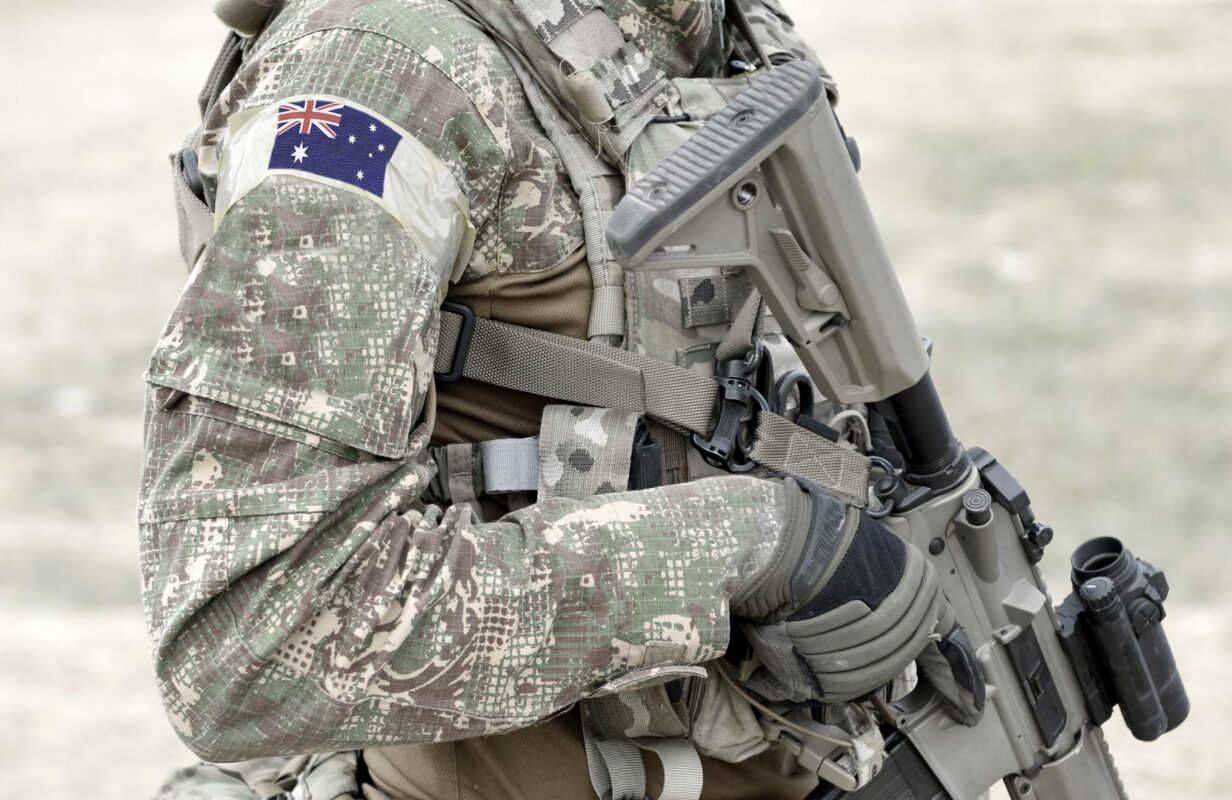2022-09-21
With 4C opening its new office in Oslo and the team growing, we meet the latest member of 4C Norway, Magnus Engen Johansen. He talks about his interdisciplinary military experience, evaluating Exonaut for the Norwegian Armed Forces, and utilising data for improved performance.
When did you join the Armed Forces?
It was in 2000. We have conscription in Norway, and I joined the Air Force, leaving one year later as a Sergeant, when my national service was up. After about 18 months of soul searching, I returned to the Norwegian Armed Forces, joining the Logistics Unit. From there I was recruited to the Norwegian Army’s Border Guard Battalion. In 2012 I then converted from a uniformed officer to a civilian advisor.
Was that when your association with the Armed Forces ended?
Not exactly. I joined the Norwegian Armed Forces Cyber Defence Unit. Although I wasn’t working with anything clandestine, more a case of IT implementations and system management. In 2016 I was asked to support Defence Staff with evaluating and updating their training planning solution. Essentially, they were using spreadsheets and email and wanted something more powerful, like the system used by NATO.
Was that when your association with the Armed Forces ended?
Not exactly. I joined the Norwegian Armed Forces Cyber Defence Unit. Although I wasn’t working with anything clandestine, more a case of IT implementations and system management. In 2016 I was asked to support Defence Staff with evaluating and updating their training planning solution. Essentially, they were using spreadsheets and email and wanted something more powerful, like the system used by NATO.
So, in 2016 you evaluated training management software on behalf of the Norwegian Armed Forces. What was the result?
Exonaut was chosen as the optimal solution in a public tender. It was a powerful, user-friendly, off-the-shelf solution. Importantly, it was also fully compatible with NATO planning operations, so data could potentially be shared securely and seamlessly between systems. Exonaut was an exciting platform that could bring a more unified and standardised methodology to the lifecycle management of training and exercises across the different military entities.
Anyhow, following the evaluation I became responsible for the implementation and day-to-day management of Exonaut for the Norwegian Armed Forces. Let’s just say I’m well acquainted with Exonaut.
And six years on, you are working with Exonaut at 4C’s Norwegian office…
That’s right. I want to use my experience from the Norwegian Air Force, Army, Border Guards and Logistics and Cyber Defence Units to support the Norwegian Armed Forces, and indeed other 4C customers to get the most from Exonaut. I’m a firm believer that in today’s digital world, every organisation must collect, analyse and utilise data to improve performance, make better decisions and streamline operations – and Exonaut is a catalyst for this, be it for military training, organisational resilience or a coordinated emergency response.
See Exonaut in action
4C Strategies provides military clients with a broad range of tailored solutions designed to manage complex exercises, enable capability development, and enhance readiness across the organisation. Book a free, live demo or meet with one of our expert consultants to discuss your requirements.
How can this be applied to the military?
In my experience, too many reports are written and filed away, following exercises, never to see the light of day. If reports were written in Exonaut instead, the data would always be available for analysis. With this data, you can identify which activities to concentrate on in the next training cycle, rather than running standard exercises as a matter of course. This aids planning, budgeting and logistics, and ultimately ensures armies are better prepared. And if different entities in the armed forces were to share training data and experiences in one system, a cycle of best practices could be developed that benefits everyone. The data is there; you just need the system to capture and exploit it.
Finally, what do you do in your free time?
I’m an avid reader, particularly history. It’s fascinating to read how different historical events have led us to where we’re at this moment in time. Otherwise, in recent years my HiFi equipment has been upgraded and I have way too many pairs of headphones.






